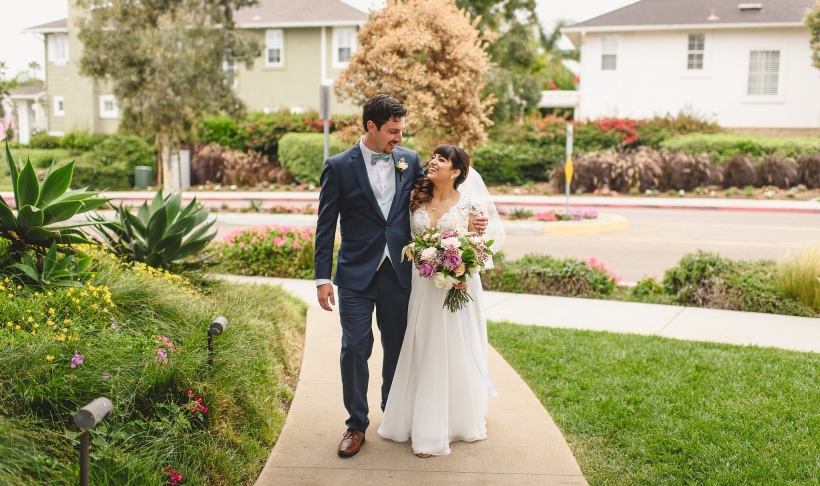
I know many people in my life have been curious about what came out of my dissertation on how to maintain a happy long-term marriage. I have decided that the best way to present it is through my blog. I am planning on discussing my proposed model with both the general public and practitioners in the mental health field. Therefore, I am using a vignette I got from the International Positive Psychology Association website and am going to apply how I would use my model and interventions in therapy to help a struggling couple. Please feel free to ask me questions if something is not clear or if you are curious about anything related to my study or findings.
Dissertation: The lived experience of long-term happily married heterosexual individuals (access: https://search.proquest.com/openview/1ee820ac9e1a139074b39b66073c1c1c/1.pdf?pq-origsite=gscholar&cbl=18750&diss=y;THE)
2. Ahmed and Fatima are a middle-aged couple who immigrated to America from the Middle East more than two decades ago. Highly educated and professional, both have worked hard to realize their “American Dream.” They work in the same health care facility, helping people with chronic and complex medical issues, and are known for their kindness and empathy. Both, however, have lately been arguing about their teenage daughter. Ahmed, originally from a conservative family, objects to her clothing preferences. He also disapproves of her socializing freely with her male peers. He hopes to see her become an accomplished physician. His wife, however, disagrees with him and approves, by and large, of autonomy for her daughter. The issue has driven a wedge in their otherwise relatively peaceful marriage. The daughter, who used to be very close with her father, has become estranged from him and finds him narrow-minded and overly observant to cultural norms and gender roles, which are less relevant to her American upbringing.
Intervention: Based on my research, I created and proposed a “Developmental-Stress Model of Happy Marriage.” This model posits that happy and healthy married individuals have successfully gone through a developmental process as a couple that allows them to advance to the next stage of their marriage with more positive skills and a stronger bond. Often couples could benefit from identifying at what stage they are in their marriage using the model and to learn how to handle conflict and increase their bond at their particular juncture. This is how my intervention works: When couples present for couples therapy they often conceptualize their issues as a specific point of conflict or upsetting event, but they are unaware that there are many other reasons why their marriage could be in distress. I have attached my proposed marriage model (linked below), which I hand to all my couples during our second session. I teach them about the stages of marriage, the stressors that come with childrearing, and help them reconnect through their mutual values, strengths, goals, plans, and learning to have a positive outlook on their conflict as a learning experience. For this vignette couple, in particular, I would identify that they are in the stage where there are stressors that are normal and that they have some clashing values currently. Issue: Autonomy of women vs. conservatism/traditionalism or female modesty/grace. I would help them see that they both love their daughter and they just have different views on how to express their value system in this issue. I would highlight their strengths as a couple and I would highlight the values that they do share: pursuing the “American Dream”, being kind, having empathy, being hard workers, being in the helping professional field. I would teach them about common marital pitfalls and then show them the value of increasing their bond and learning to problem solve together. In my model (see link below), you can see that those are the main goals of therapy for the middle marriage couple: “Increase the Bond” and “Coping Skills/Decrease Stress.” Underneath those headers are ways to accomplish that. We work on all of these things during sessions and for homework until the couple is doing it on their own and they rediscover why they fell in love with their partner and are working as a team again. I would also throw in some interventions on psycho-education about acculturation differences with their daughter, given that she has mainly grown up surrounded by American values. I would remind them that it sounds like they both want the best for their daughter. They both love her very much and value being the best parent they can be, though they may have different interpretations of what that looks like.